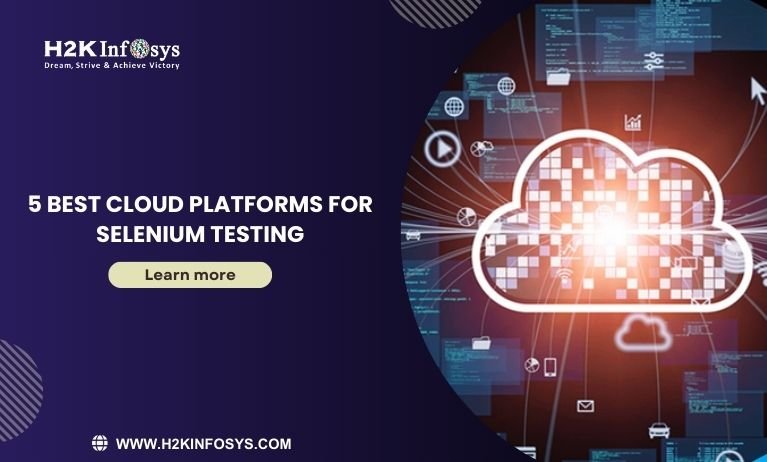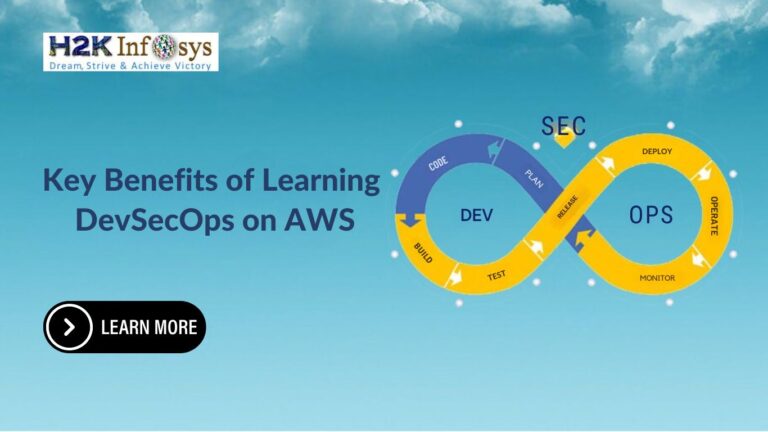You must have heard this. Our decisions directly impact the output of our lives. It can practically make or mar you. The same thing applies in the business world. While some people make decisions based on feelings and intuition, some others take intentional measures before deciding on what to do.
With the skyrocketing amount of data in today’s world, intentional and rewarding decision making has never gotten easier. Business managers can analyse historical data and make informed decisions from the same. This kind of decision making process is called data-driven decision making. In this article, we will dissect why it is critical to embrace data-driven decision making in your workplace.
Let’s examine a few advantages associated with data-driven decision making.
- Data-Driven Decision Making Improves Consistency
The benefit of being a data-driven organization brings long-term sustainability. This approach helps the people in the organization to know how decisions are made. People can identify the impact of the data collected, analyzed, and managed and act accordingly. When all individuals are involved in the management of data-driven decisions, they acquire the skills needed to improve consistency. This practice plays an important role in every business and organization. It helps to find out if their customers are satisfied with the company’s goods and services, and what they work for in the company or other departments. It raises awareness and helps organizations build loyalty, involvement, and accountability in the long run.
- You Will Be More Active
When you first implement a data-driven decision-making process, it is likely to be reactionary. Data introduces a story to which you and your organization must respond.
While this is valuable in itself, it is not the only role that data and analytics can play in your business. Given enough practice and the right types and amounts of data, it is possible to take advantage of this more proactively – for example, data identifies business opportunities ahead of your competitors or detects threats before they become too severe to handle.
- Brings about Better Transparency and Accountability.
One of the main benefits of data-driven decision-making is that it leads to better transparency and accountability for all organizations. This strategy works to improve teamwork and employee commitment. More so, this approach helps the organization to deal with their threats and risks, and hence improves their overall performance. In addition, it boosts the morale of the employees, as managing decision-making will help them see the goal of having backup copies of the data. It also leads to the right decision-making in your day-to-day activities. The purpose of data-driven decision making to help most organizations to collect data for recording and compliance. This will help the organization take the responsibility of managing its data properly. For transparency, data-driven decisions ensure that all information is prioritized, objectives are concrete, and general results are accurately measured.
- Continual Improvement
Another advantage of data-driven decision management is that it leads to continuous improvement. Most organizations can implement incremental changes, track key metrics, and follow-up changes as a result of data-driven decision management. It improves the overall performance and efficiency of a business organization. Moreover, this approach is essential as it helps in making decisions based on facts, which does not depend on the knowledge or skill level of the leaders. This is effective in creating greater scalability that enables faster deployment.
- Safer Decision Making
Once you start collecting and analyzing data, you’ll probably find that it’s easy to make a confident decision about virtually any business challenge, whether you’re deciding to launch or discontinue a product, customizing your marketing message, or entering a new market, or something else entirely. The data is logical and convincing in a way that hunch and intuition just aren’t. By removing subjective elements from your business decisions, you can build trust in yourself and your organization as a whole. This trust allows your organization to be fully committed to a specific vision or strategy, without worrying that the wrong decision is made. However, if you want to fit into the world of data, you can expand your horizons by taking some data science online training courses. This will help a lot.
Conclusion
In conclusion, data is very important for the overall performance of any organization. It constitutes the central part of the organization. Data-driven decision-making is important because it allows you to look at real-time data in real-time to generate predictive insights. It provides an opportunity to investigate and find out what is good for the company and what is not. On a scale of 100, the data’s accuracy in making good decisions is 99.9% all things being equal if there are no technical glitches. It helps the management to implement policies and strategies useful for the growth of the company. Data-driven decision management leads to greater transparency and accountability. It is recommended that every organization maintain an effective data-driven decision-making practice.
Since you now know the advantages attached to the data-driven decision-making approach, you can get certification in any data science online course for a deeper understanding.






























